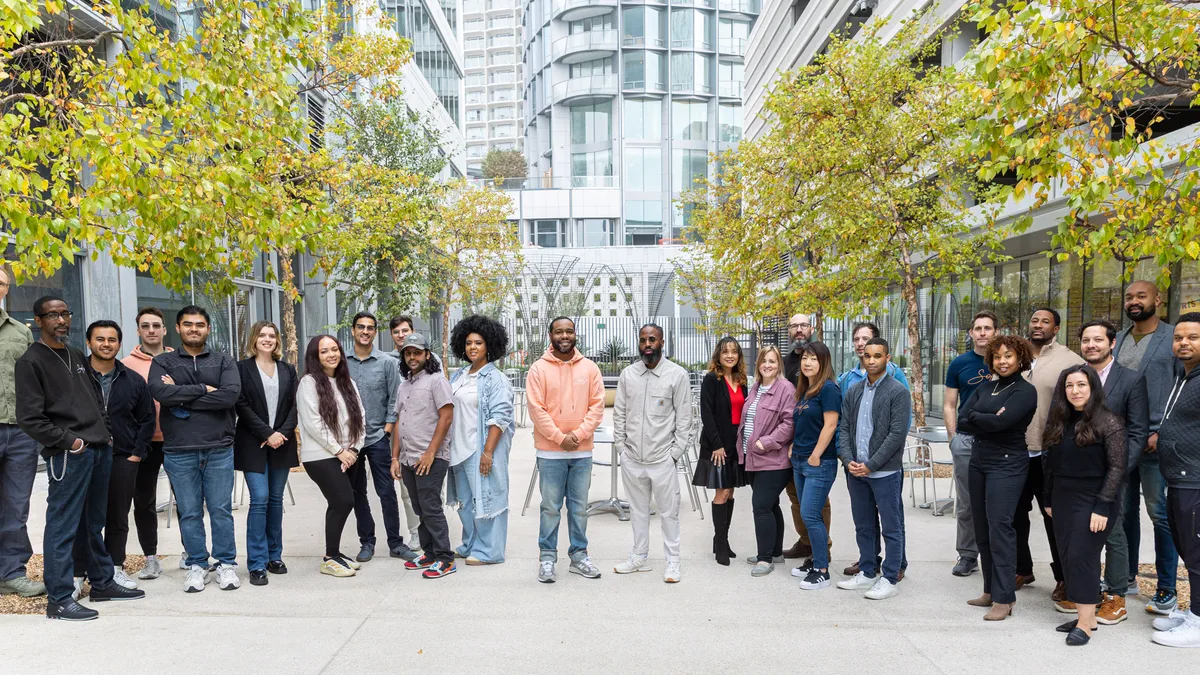Peer-to-peer lending platform SoLo Funds is expanding to Nigeria as the Los Angeles-based fintech looks to launch its micro financing services on the international stage.
The firm, which launched in 2018, provides a marketplace for borrowers to connect with lenders to access short-term loans ranging from $50-$1,000.
Borrowers on the platform set their own price in the form of a tip that goes to the lending member and a donation that goes to SoLo Funds, both of which are voluntary and optional, SoLo Funds founder Rodney Williams said.
Nigeria’s growing fintech sector made the region an attractive entry point to the continent, said Williams, who first announced the fintech’s international expansion plans at the Aspen Ideas Festival last week.
And in terms of yield, Nigerian banks are not keeping up with the level of inflation, “which doesn't make it attractive to keep your money in a bank account,” he added.
“Nigerians, as a whole, are looking for yield. They're looking to grow their capital,” he said.
The firm plans to hire locally, and have a physical presence in Lagos, Williams said.
In addition to Nigeria, the company has identified several other international markets where it plans to launch within the next 12-18 months, Williams said.
Regulatory hurdles
SoLo Funds claims it crossed more than 1.5 million customers this year. The fintech averages around 60,000 loans per month and 82% of the platform’s members, both lenders and borrowers, are from underserved communities, Williams said.
The firm’s tip structure, however, has garnered criticism from several state regulators who have labeled the feature a predatory lending practice.
In recent months, the fintech reached agreements with regulators in Connecticut, California and Washington, D.C., over allegations that borrowers paid hefty amounts as “tips” to access loans on its platform.
SoLo did not admit to any wrongdoing in any of the three jurisdictions.
Williams said some of the regulatory pushback the platform has received stems from “an overall lack of awareness.”
“On a state-by-state basis, state regulators need to be almost experts at everything from crypto, to lending, to mortgages. And there's a significant amount of research and education and awareness, when a new business model introduces itself to the market,” he said. “This is two people exchanging funds between each other, and one is giving a token of appreciation.”
Williams equated the model with that of a restaurant patron leaving a $20 tip after spending $100 on a dinner.
“Our system is built on institutions lending and institutions providing capital,” he said. “So the real question that I think Americans and regulators need to ask is, ‘Are we comfortable with people helping other people? Are we comfortable with people receiving benefits for helping other people?’”
Roughly 80% of its members choose to donate to the platform, a model the fintech is “OK with,” Williams said.
“We make additional revenue,” he said. Lenders can purchase a protection product that shields them from potential losses that they may incur on the platform, he said.
SoLo Funds also generates income from interchange when members use their debit card issued through the firm’s partnership with Evolve Bank & Trust. SoLo also charges users a fee to instantly transfer funds from their SoLo Wallet, Williams said.














